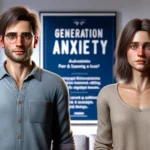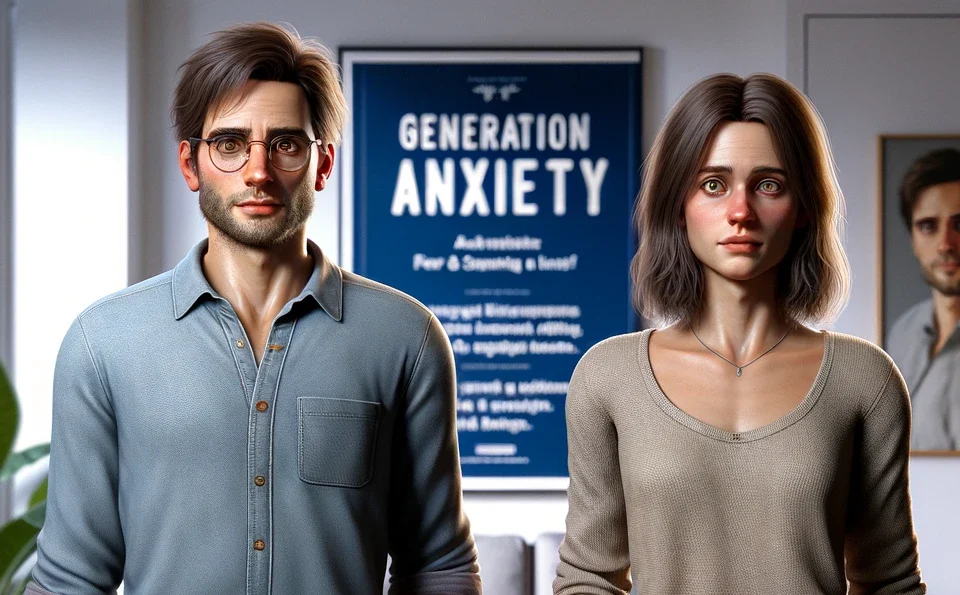
Repetition: A Core Learning Strategy
Proof of Positive Thinking
Anxiety facts
To become anxiety-free, it is advantageous to be familiar with the following topics, as they play a significant role in the ongoing anxiety we experience. By understanding these topics, letting go of anxiety becomes much easier.
- We often think that anxiety predicts something bad about to happen, leading us to seek medical advice. But, if we really think about it, has anything more than just feeling anxious ever occurred? The answer is no. The discomfort anxiety causes is what makes us believe something will happen, but it’s not true. In fact, anxiety makes us more alert, enhancing our ability to dodge danger. This is the purpose of anxiety: to sharpen our senses for a brief moment with the help of adrenaline, which our body uses up quickly, returning us to normal.
- Next time you feel an overwhelming wave of irrational anxiety, remember, it’s unlikely anything will happen. The persistent feeling of anxiety, lasting for more prolonged periods, isn’t because of adrenaline but due to cortisol, offering a very different experience. This prolonged state shouldn’t really be called anxiety, even though we often do. It’s more about our fear of feeling anxious again.
- Your fear of experiencing anxiety is what brings about more anxiety in the future.
- Telling yourself something repeatedly can make you believe it. So, constantly saying things like “I have anxiety”, “My anxiety”, or “I’m anxious” can actually make you more convinced that you are in a state of anxiety.
- All anxiety feels equally bad, whether it’s due to a real threat or an imagined ones, whether it’s about health, social situations, panic, or a general feeling of anxiety. The root cause of anxiety doesn’t change how unpleasant it feels, but your thoughts and reactions to it do matter.
- When we face real threats, unpleasant feelings help us act to survive. But when we encounter irrational symptoms, those same feelings arise because of our thoughts about a threat that doesn’t exist. So, in a way, the symptoms are the threat, caused by our thoughts, and they feel as bad as real dangers, triggering our body to react.
- The cycle of negative thinking starts from the unpleasantness of past anxiety episodes and the false association of anxiety with illness. It’s a natural human response, as we’re programmed to notice and remember unpleasant experiences for survival. This response is hard to change when facing real dangers, as it’s automatically triggered by parts of our brain like the amygdala.



